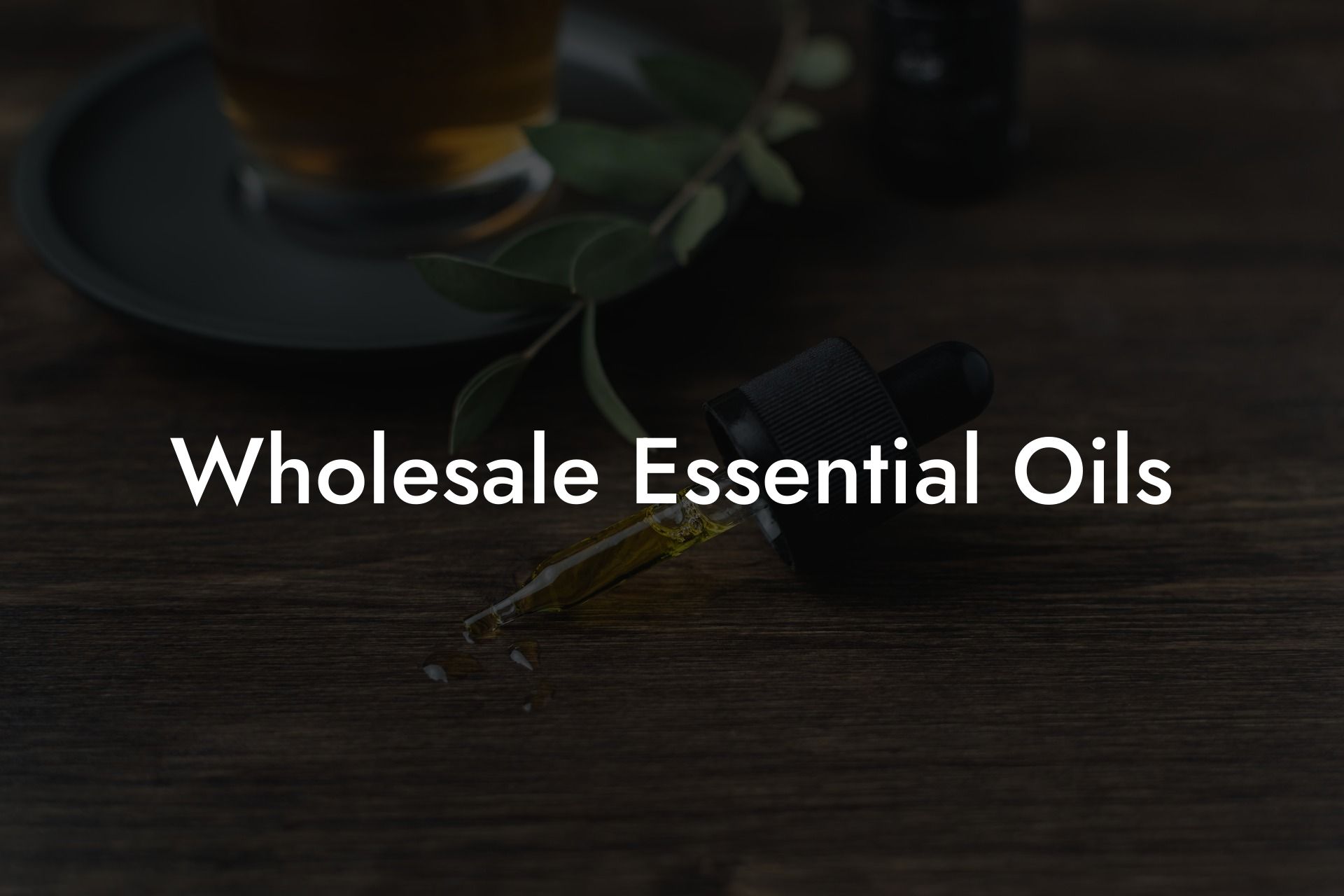Are you considering stocking wholesale essential oils for your store or personal use? Understanding the basics of wholesale essential oils, their benefits, and the various ways they can be utilized is essential. In this comprehensive guide, we will dive into the world of wholesale essential oils, their benefits, and how you can make the most of them to enhance your customers’ experiences or your own personal wellbeing.
Table of Contents
What are Wholesale Essential Oils?
Wholesale essential oils are pure, concentrated plant extracts sold in bulk quantities to resellers, manufacturers, or individuals looking to save on costs. These oils have a wide range of uses and applications, from aromatherapy and skincare to cleaning and scenting products. By purchasing wholesale, you’re able to take advantage of reduced pricing and craft personalized blends tailored to the needs of your customers or yourself.
Types of Essential Oils and Their Benefits
There is a vast array of essential oils, each having its characteristics and benefits. Some popular essential oils to consider for wholesale include:
Lavender Oil
Lavender oil is known for its calming properties and is often used to alleviate stress, anxiety, and promote sleep.
Peppermint Oil
Peppermint oil is invigorating and uplifting, providing energizing effects. It is great for increasing focus and treating headaches.
Eucalyptus Oil
Eucalyptus oil is excellent for improving respiratory health and is also an effective natural insect repellent.
Tea Tree Oil
Tea tree oil is a natural antimicrobial and antifungal, making it ideal for skincare, household cleaning, and treating minor wounds.
Lemon Oil
Lemon oil is both refreshing and purifying and is commonly used for cleaning, mood enhancement, and increasing mental clarity.
By understanding the characteristics and benefits of each essential oil, you can create an assortment of products or blends to suit your customers’ needs.
How to Source High-Quality Wholesale Essential Oils
When purchasing wholesale essential oils, it’s crucial to find a reputable supplier that offers high-quality, pure oils. Factors to consider when choosing a supplier include:
– Purity: Ensure that the supplier uses all-natural, high-quality raw materials without added synthetics or fillers.
– Sustainable Practices: Choose a supplier that adheres to ethical, sustainable sourcing and production practices.
– Testing: Look for suppliers that perform quality testing such as GC/MS analysis to ensure the purity and potency of their essential oils.
– Transparency: Reputable suppliers will provide clear information about the origin, extraction method, and any certifications related to their essential oils.
Wholesale Essential Oils Example:
Imagine you own a small boutique that sells handmade skincare products. You want to expand your business and start offering personalized essential oil blends for customers looking to incorporate natural aromatherapy into their daily routines. By investing in wholesale essential oils, you can create an extensive range of customized products tailored to each customer’s needs. For example, a client struggling with insomnia might benefit from a calming blend containing lavender, chamomile, and bergamot oils. By offering a range of essential oils that cater to various wellbeing concerns, you can attract a broader customer base and improve the overall shopping experience.
In conclusion, incorporating wholesale essential oils into your business or personal routine can offer a wealth of benefits. By understanding the characteristics of different essential oils, finding a reputable supplier, and experimenting with various blends, you can enhance your customers’ experiences or your own personal wellbeing. If you found this guide helpful, be sure to share it with others and explore more essential oil guides and products offered by Oshu Oils. Discover the power of nature for yourself with our premium Artisan Essential Earth Oils and see how they can bring balance and harmony to your life.





















